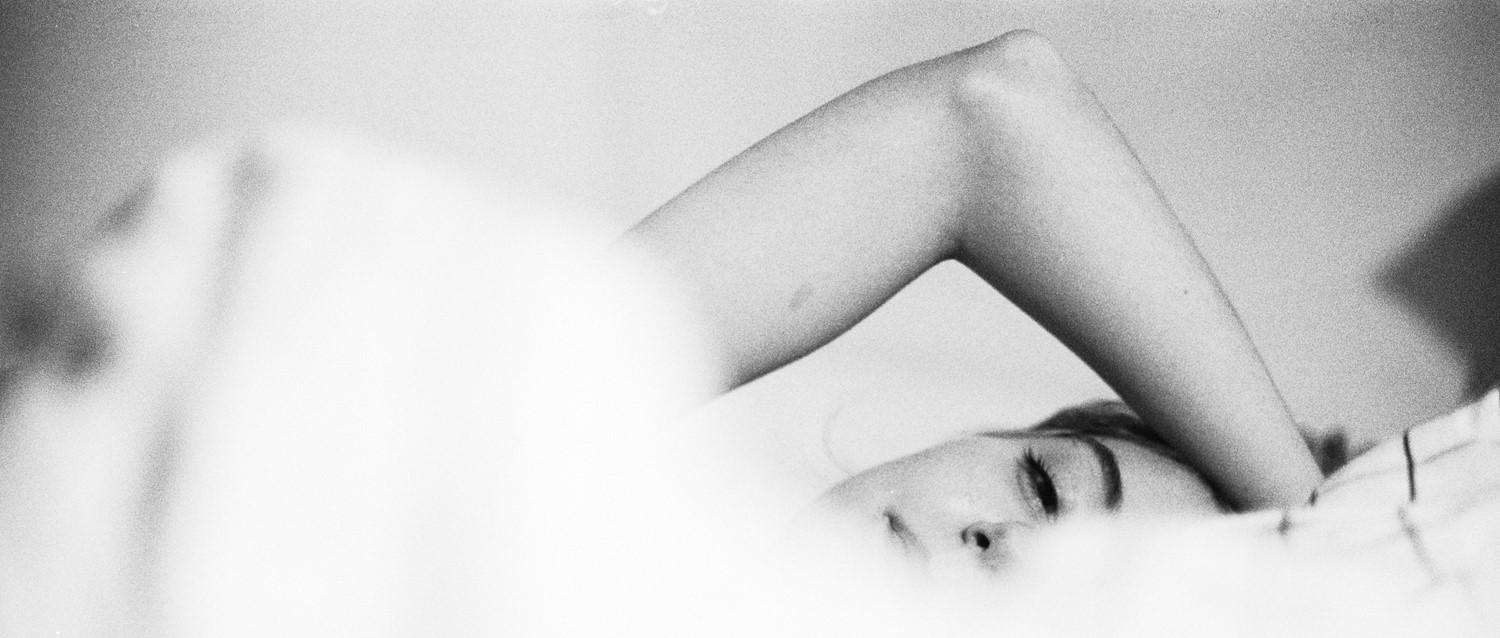
Being a 'morning person' lowers risk of breast cancer
Peer reviewed by Natalie HealeyLast updated by Milly EvansLast updated 27 Jun 2019
Meets Patient’s editorial guidelines
- DownloadDownload
- Share
- Language
- Discussion
A new study has found that getting up earlier in the morning is associated with a lower risk of breast cancer.
Research published in the British Medical Journal (BMJ) has found links between sleep habits and cancer risk. The study found that being a morning person (someone who prefers getting up earlier in the morning) reduced your risk of developing breast cancer. Evening people and those sleeping for longer than the recommended seven to eight hours a night were shown to have a heightened risk of breast cancer.
The international research team used a technique called Mendelian randomisation for over 300 thousand women in the UK Biobank study and the Breast Cancer Association Consortium (BCAC) study. They analysed genetic information associated with three sleep traits: morning or evening preference, sleep duration and insomnia. Morning preference was associated with a slightly reduced risk of breast cancer - one less woman in 100 compared to evening preference.
One in eight women in the UK will develop breast cancer at some point in their lives according to Cancer Research UK. Most cases occur in women over 50 but much younger women can have breast cancer. It is now the most common cancer in the UK with around 48,000 cases a year.
Previous studies have shown a link between night shift work and an increased risk of breast cancer, thought to be attributed to light exposure at night, disrupted sleep patterns and lifestyle factors. This study highlights that this risk is also heightened for those who go to bed and wake later. However, the authors stress that the extent of the effect is likely smaller than other risk factors like BMI and alcohol intake.
The researchers say that their findings "have potential implications for influencing sleep habits of the general population in order to improve health".
Weilin Wu, Health Information Officer at Cancer Research UK, said: "Initial results from this large study found that women whose genes predisposed them to be early risers could have a reduced risk of breast cancer. But the next important step to understand how sleep may affect cancer risk would be to look at people's actual sleep pattern and the other factors that might be playing a role in when people get up in the morning."
In a linked editorial, Professor Eva Schernhammer from the University of Vienna argues that the study offers an opportunity to amend working hours, particularly for shift workers, in order to protect health and use a personalised approach to reduce the risk of chronic diseases linked with the circadian system. She recognises that the results "identify a need for future research exploring how the stresses on our biological clock can be reduced".
This study was published in the British Medical Journal (BMJ).
Continue reading below
Article history
The information on this page is peer reviewed by qualified clinicians.
27 Jun 2019 | Latest version

Ask, share, connect.
Browse discussions, ask questions, and share experiences across hundreds of health topics.

Feeling unwell?
Assess your symptoms online for free
Sign up to the Patient newsletter
Your weekly dose of clear, trustworthy health advice - written to help you feel informed, confident and in control.
By subscribing you accept our Privacy Policy. You can unsubscribe at any time. We never sell your data.